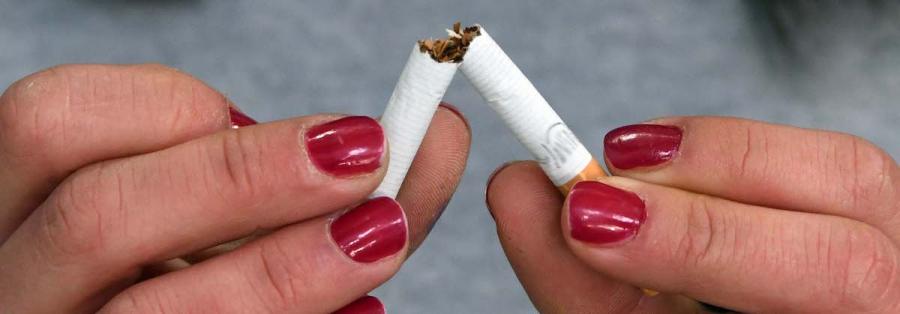Health information and awareness campaigns.

Preventive health campaigns are carried out throughout the year on a wide range of ailments.
- Cardiovascular risk prevention: family and personal history, tobacco and alcohol consumption, sedentary lifestyle, stress level, abdominal circumference, blood pressure, lipid profile and ECG are assessed.
- Stress prevention: we assess the level of work and family stress of all employees who come for a check-up, not only because we consider it to be a cardiovascular risk factor, but also to prevent it from becoming a disease in itself.
- Early diagnosis of glaucoma: when we carry out the examination, one of the tests is to determine eye pressure. This test is also carried out, if we consider it appropriate, when the employee consults for an eye ailment. All employees whose eye pressure is found to be high are referred to an ophthalmologist for a specific consultation in order to establish a treatment and avoid the possible evolution towards glaucoma, a silent pathology, but which can lead to loss of vision due to damage to the optic nerve.
- Early detection of workplace harassment: this is carried out using the Leyman Workplace harassment Inventory, modified by González Rivera. Careful analysis of the questionnaire allows for the diagnosis of behaviours related to workplace harassment.
- Prevention of alcoholism and other drug addictions: the aim is to detect those people who may be abusing drugs in order to intervene directly with the problem, as consumption has a negative impact on the working environment, on productivity and, above all, on accident rates.
- Smoking prevention and quitting smoking: these activities are carried out throughout the year. For this we have the collaboration of Dr. Ana López, psychologist at the Tobacco Unit of the Faculty of Psychology.
- Prevention and early diagnosis of high blood pressure: in the event that high blood pressure is detected during the medical check-up or consultation, we carry out an ABPM (Ambulatory Blood Pressure Monitoring) to diagnose possible unknown hypertension, but also to prevent hypertension in borderline cases, thus controlling one of the risk factors for cardiovascular pathology.
- Prevention of obesity: weight and abdominal perimeter control, given its importance as a risk factor for other cardiac and metabolic pathologies, etc.
- Prevention of back musculoskeletal injuries: this action covers not only the information that can be given to the employee in the consultation room, but also specific courses for the prevention of risks in employees who handle loads. In this section it is worth mentioning the work of Beatriz Guillán Pavón, a graduate in specialised physiotherapy nursing, to look after USC employees and facilitate the early recovery of musculoskeletal injuries and prevent their possible chronification.
- Dry eye detection: using the dry eye questionnaire (Mc Monnies questionnaire) for the treatment of the pathology with the collaboration of the Faculty of Optics and Optometry.
- Prevention/early diagnosis of cancer:
- Colon cancer by determining blood in stools (immunochromatographic test that detects human immunoglobulin: Hem-Check-2). The test is easy for the individual to carry out and the results are interpreted by the Health Surveillance Service.
- Breast, by palpating employees’ breasts (men or women) who come for a check-up in order to assess the possible presence of anomalies that may require specialised consultation. It is also carried out as a result of specific consultations in this regard.
- Prostate, by determining the PSA and through a rectal examination, when necessary, of employees (men) who come for a check-up or who request a consultation due to prostate symptoms.
- Prevention of accidents at work, by giving specific courses to raise awareness and actively involve employees in their prevention. Most accidents can be prevented by using personal protective equipment.
- Prevention of infectious-contagious diseases or vaccination campaigns: We vaccinate employees, either because they request it, or because they are going to travel to countries with endemic diseases, or because they may be at risk of contracting diseases in their workplace, etc.
Health Surveillance Service
- Civil Servants' House
- Avenida das Ciencias, 7, 15782Santiago de Compostela
- 881 814 520
- vixilanciasaude [at] usc.es
Health Surveillance Service
- Edificio Administrativo Intercentros
- Rúa Bernardino Pardo Ouro, s/n. Campus Universitario, 27002Lugo
- 982 823 446
- 982 823 444